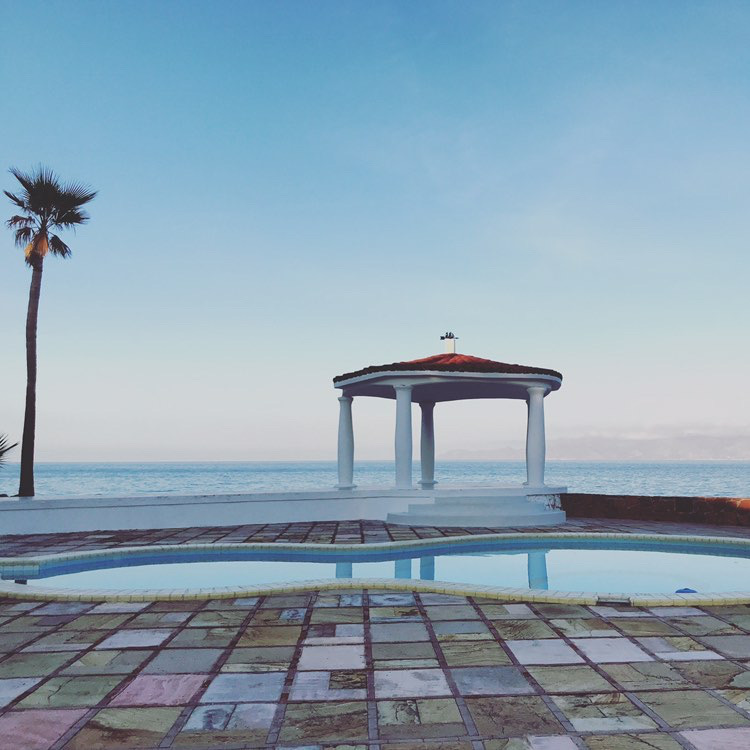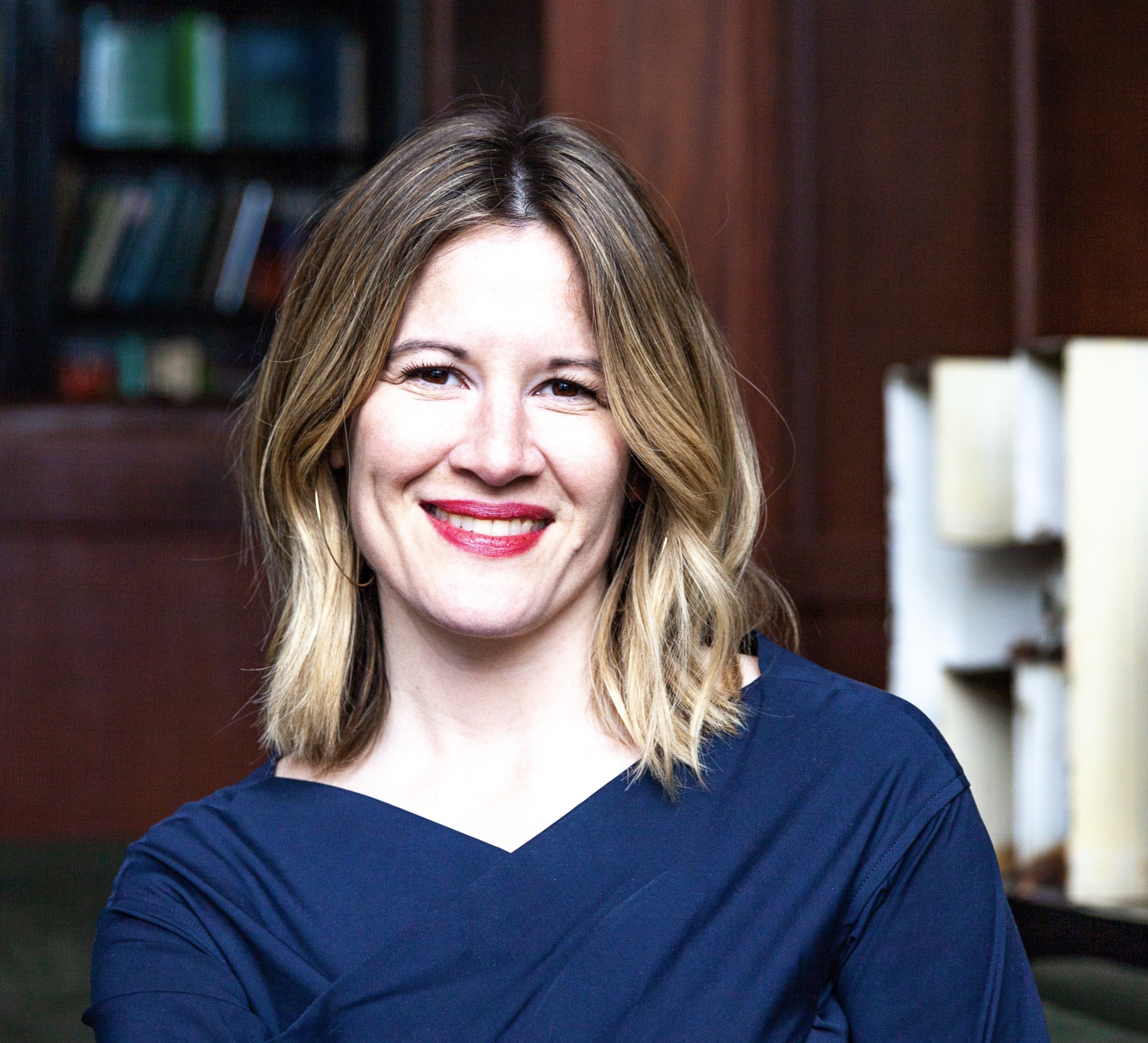
It’s late February, right before the proceeding months of quarantine. I’m down in La Paz, Mexico on a yoga retreat. First day by the ocean the temperature was perfect, in the mid-80s. In anticipation of re-igniting my creative spark I was geared up for introspection regarding the direction of my business.
It was a classic retreat – organic, local fare, yoga, thoughtful conversations and relaxing excursions. We happened to be on land that was an exotic get away back in the ’60s for famous actors and jazz artists, among the likes of Desi Arnaz Jr., and Bing Crosby. It never lived up to its potential, however, remaining a sleepy private beach with empty vacation homes and unique pastel sunsets on the Sea of Cortez.
Here we were, a small group in a vast plot of land where few tourists go. It was both relaxing and eerie, like being in a ghost town. The second day of the retreat, I was pushed further into that peculiar feeling when one of the yoga teachers, known for cracking jokes as we rested in downward facing dog, kept repeating a thought-provoking question that gave me pause: “What if this is all there is?”
Can you be with what is?
The question didn’t sit well with me; in fact, it felt like a question out of Franz Kafka’s Metamorphosis — unnervingly profound. I mean, even if you are in paradise, could you be okay with just this moment? It seems we have a hard time being okay with now no matter our circumstances.
Months after the retreat, when many countries in Europe, like, Italy and Spain were out of quarantine, the U.S. remained in lock down. It was during that time of extended quarantine that my yoga teachers’ question began to simmer.
What if this pandemic is all there is…?
… if fractured communities are all there is?
The questions sound impossible, don’t they? The good news is that they don’t have to be. Your brain wants to find resolutions to questions like these. Neuroscience shows us that when we ask a thought-provoking question, the brain puts all its energy into resolving it. Although an overly puzzling question can be detrimental.
The challenge in a time like this is to see everything that’s before us without collapsing into despair. Just like it’s ill advised to look directly into the sun, the same could be said of our current circumstances. Instead of looking at the heart of all the pain, I suggest you look to the edges. At the edge of your anxiety, anger, and fear find a spot further out that will allow you to soften toward your surroundings.
Start with small change
For example, Portland, Oregon has an ongoing homelessness crisis. In 2016, former Mayor Charlie Hales, legalized outdoor camps in designated areas throughout the city. Fast forward, to 2020 where camping has now expanded to residential neighborhoods, due to the pandemic.
Across the street from where I live, the park is lined with tents, piles of garbage and loud parties at night. Since the emergence of Covid-19 my neighborhood has felt increasingly unsafe. With people and communities in disarray, it can be hard to feel secure.
It has taken me time to find the softer edge of this situation, to see my “new neighbors” with compassionate perspective rather than fearful aloofness. The way that I obtained perspective was by utilizing the Theravada practice of metta, which is about extending loving kindness to yourself and others. By extending loving kindness, including to those you have difficulties with, the idea is that you open to new perspective.
After repeating this daily for a few weeks, I noticed a shift. One day as I was walking my dog through the neighborhood, where I was in the habit of keeping my head down, I heard a woman say good morning. My habit was to not look up but my instinct was to say good morning. So, I did.
This emaciated woman, with a big bruise around her eye, asked me if she was headed in the right direction for the hospital. My heart sank. Not only was I able to receive her but I could see her. For the first time in many months, I could connect through kindness.
When we work with the edges of heartbreak, challenge and pain, we open ourselves up to new perspective and ANSWERS. Whether we are in a tropical paradise or amidst a pandemic, we always have to face ourselves and the world around us. This moment is all we have.
If this is all there is, how will you soften to the challenges we are facing? Do you have more resources to share with your neighbor who is struggling? Can you forgive a friend? Can you see what is in your life and appreciate it even if it’s not perfect or exactly what you had hoped for? How will you turn pain into medicine?
The world can use you now.

